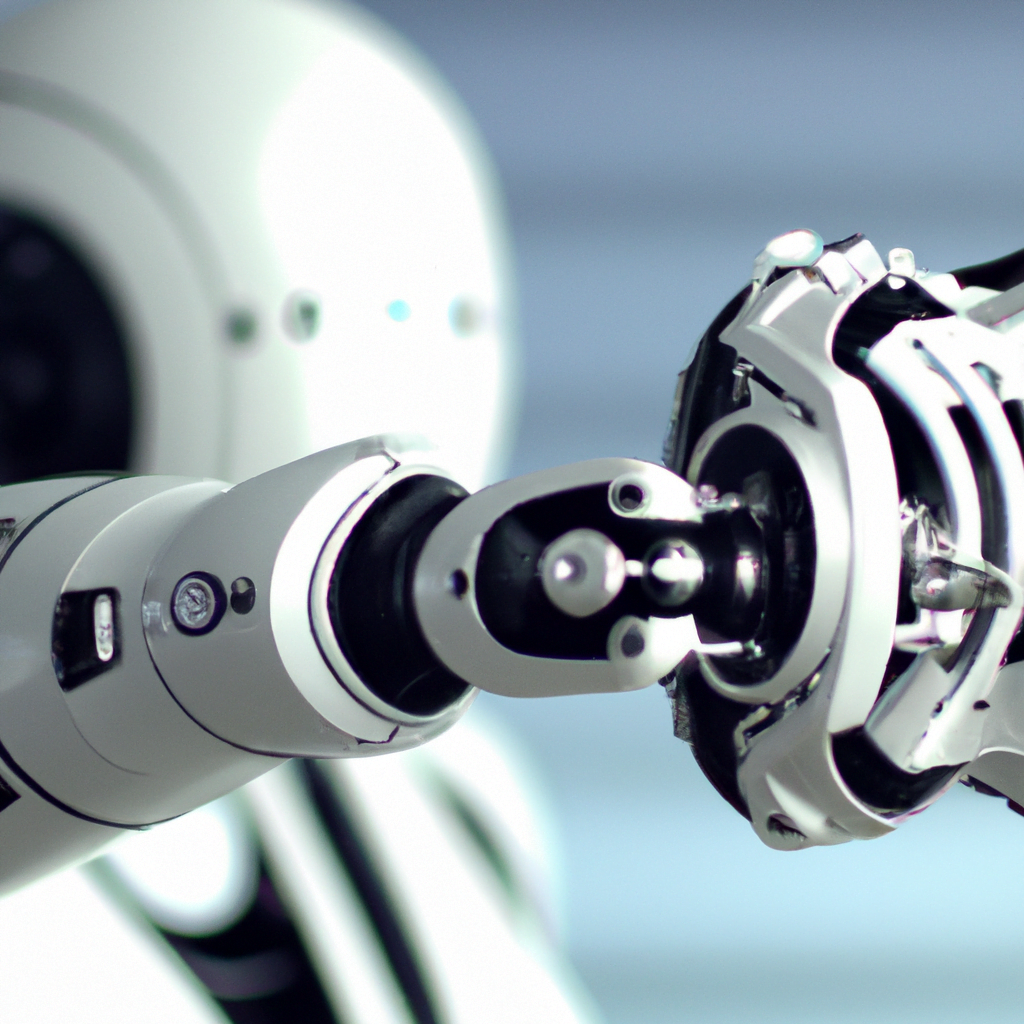Putting People First
Although Artificial Intelligence (AI) has been in existence for over six decades, it has recently become an integral part of daily life due to its exponential developments. AI provides a range of exciting opportunities for businesses to become more data-driven and client-focused, but it still relies on humans to make morally sound decisions. If organizations do not address AI’s ethical deficits, they may cause irreparable damage to people’s lives. This article discusses the ongoing challenges that organizations face regarding AI usage and provides practical tips to help businesses establish a better future.

First, organizations need to respect user data with consent. Data is necessary to create AI, but personal information is often gathered and surveyed without clear, informed consent from the user. When designing user experience, organizations must promote transparency and informed consent by helping users understand how their data will be used and treating the information collected with value and respect.

Second, organizations must teach AI with compassion. AI may be able to solve complex problems with high accuracy, but it lacks consciousness and must be taught with care and conscientiousness. Data should be relevant, equitable, ethically sourced, and screened for implicit bias. Building organizational knowledge and investing in empathy and critical thinking through Learning & Development will ensure that AI development is ethical.
Third, organizations need to invest in empathy. Diversity, communication, and inclusivity are crucial human-centric skills that are necessary for AI development. Two-tiered workforces that drive wage and opportunity inequality should be investigated, and DEI training must be a priority in all industries. By investing in inclusivity, empathy, and other human-centric skills, diverse voices that are necessary for the development of ethical AI will have a seat at the table.
In conclusion, ethics in AI require deep consideration of the ethical implications of data collection, AI development, and AI deployment. By respecting user data, teaching AI with compassion, and investing in empathy, organizations can establish a human-centric approach to AI that minimizes potential harm and promotes ethical AI development.






